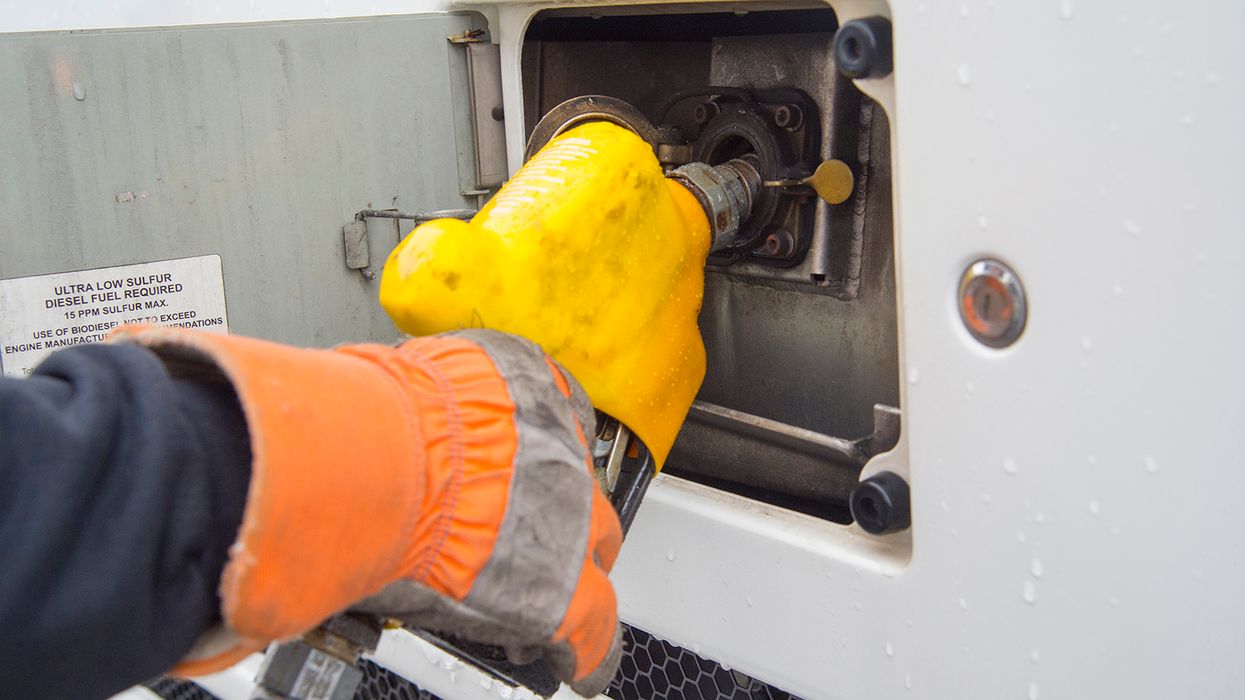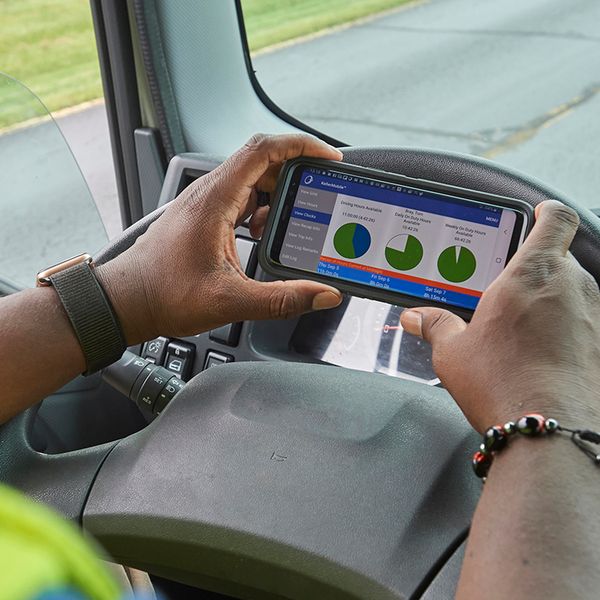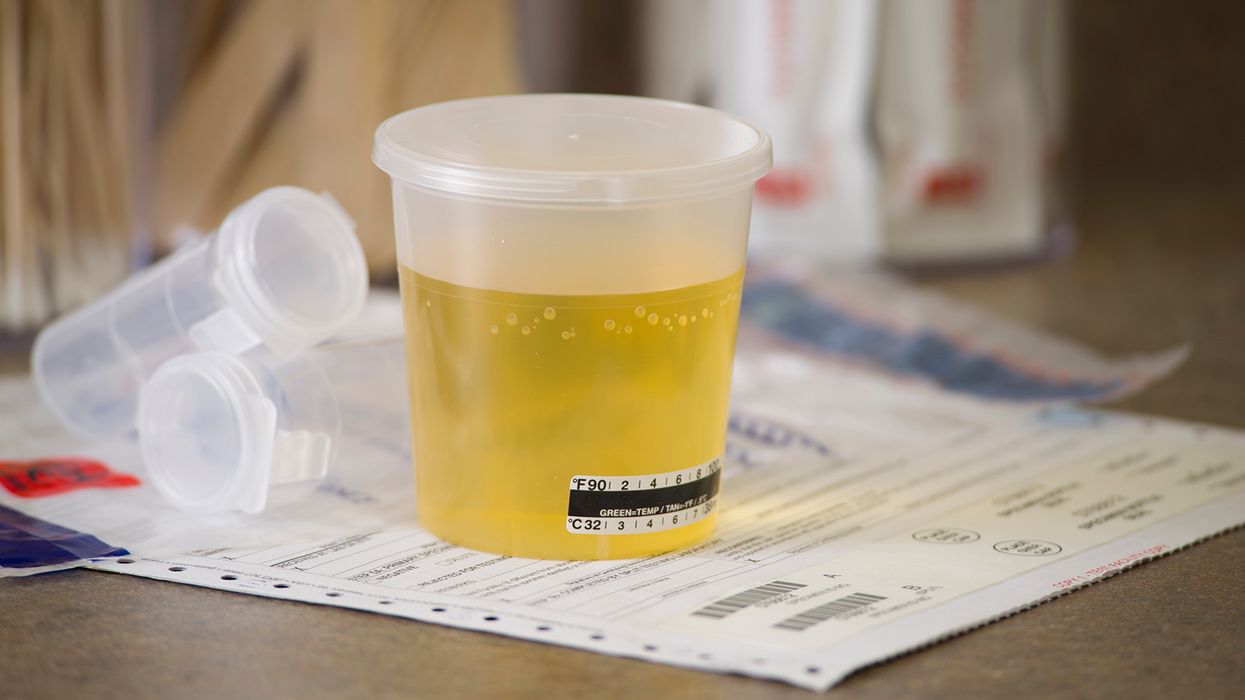Fueling after hours can land you in hot water
What your short-haul drivers do on their off hours can come back to haunt you, as a New Hampshire-based motor carrier recently learned.
During an audit of the small company, an investigator from the Federal Motor Carrier Safety Administration (FMCSA) focused on a driver who had been using a short-haul (150-air-mile) exception.
The popular exception, found in 49 CFR 395.1(e), allows drivers to keep basic time records instead of detailed logs, as long as they meet certain conditions. One of those conditions is keeping “accurate and true time records” showing the driver’s total on-duty time.
Upon further investigation…
After reviewing the company’s fuel receipts, the auditor discovered that the driver had been purchasing fuel on a regular basis outside of the time he logged on duty for the carrier.
In other words, the driver was fueling his truck after hours and reporting the time as off duty. The auditor found this had happened 24 times out of 60 records checked.
Because fueling a commercial vehicle is considered an on-duty activity, the driver, in effect, was not submitting accurate time records when he failed to include the fueling time.
From bad to worse
The company and driver were not cited for false records as one might expect.
Because the carrier was not keeping accurate time records, the driver was not eligible to use the short-haul exception. This means he should have used a regular log on the days he purchased fuel.
In addition, because his time records were inaccurate on more than eight days out of 30 (do you see where this is going?) he should have been using an electronic logging device (ELD).
The carrier, therefore, was hit with 24 counts of violating 395.8(a)(1) for failing to use an ELD when required, despite claiming that the driver was not authorized to drive the vehicle after hours.
Along with other violations discovered during the audit, the result was an “Unsatisfactory” safety rating for the carrier, whose operations were placed entirely out of service.
Could you have prevented a similar fate?
If you use short-haul drivers who keep time records instead of logs, are you sure they don’t engage in on-duty activities that aren’t reported to you? For example, fueling, doing repairs or inspections, and other activities that help the business are all on-duty tasks.
As the old Russian proverb says, “trust, but verify.” You don’t need to track each driver’s every move, and you can trust them to report their outside work hours to you, but:
- Make sure drivers know what the definition of “on-duty time” is,
- Make sure they’re aware that all on-duty hours must be reported to you, and
- Take steps to verify their time records.
Had the New Hampshire company audited its time records against its fuel receipts, for example, the result of its FMCSA audit may have been much different.
If you have any reason to believe that your drivers may not be reporting on-duty activities to you, take steps to correct the situation or it could be held against you in an audit or during litigation.
Key to remember: If your drivers are engaging in on-duty activities during their off-duty time, it may be discovered by an auditor or attorney and held against you. Take steps to ensure drivers are reporting all their hours accurately.



















































